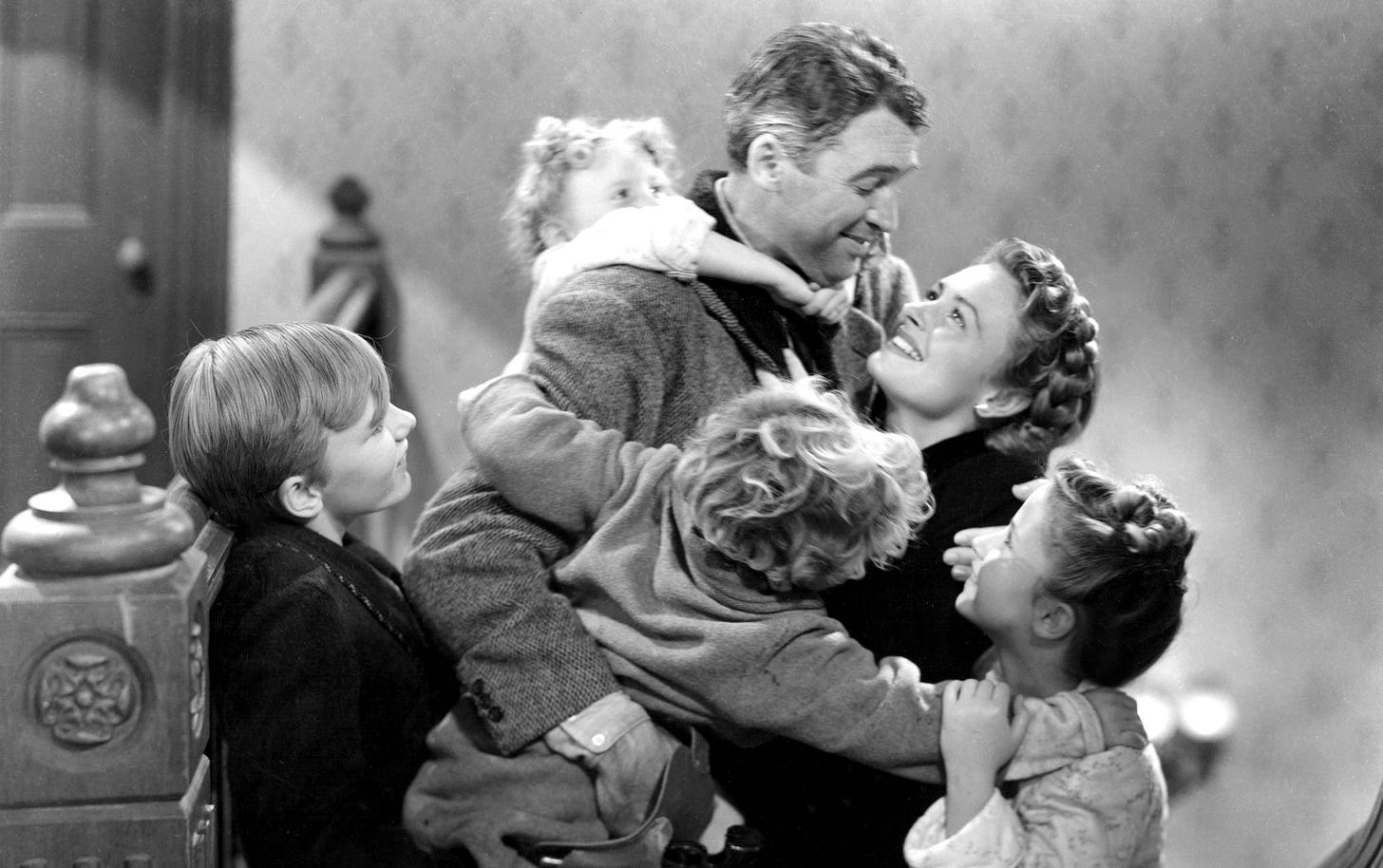The Academy Awards (Oscars) and the trends of moviegoing audiences are at a complete disconnect. Only a year removed from getting Best Picture nominations for Top Gun: Maverick, Avatar: The Way of Water, and Elvis — and of course Everything Everywhere All At Once which took home the top prize and was a major box office hit for A24 — the Academy has reverted back to mostly voting for movies that had limited releases or didn’t connect with the broader public. Outside of Best Picture, showcasing new talent and celebrating diversity (specifically in the Director category) still appears to be a struggle for the voters. Is this a case of the public having a different definition of award worthy than Hollywood? Or maybe it’s time to change the model of award circuits and marketing, awarding talent over namesake.
A lot of the outcry since the Oscar nominations were announced earlier this week has surrounded Barbie and the apparent snubs for director Greta Gerwig and lead star Margot Robbie from the field of nominees. I’ve seen people citing how the patriarchy has won, with the lessons from the film coming to life in a fashion that dishonors it — and while I’m willing to agree when it comes to Martin Scorsese getting a nod over Gerwig when he changed the mystery aspect of the source material for his film to be another gangster drama, I’m here to amend some of the ignorance surrounding this take.
The Academy of Motion Picture Arts and Sciences consists of 10,500 members spread across 18 fields of the industry. This coalition includes members of varying gender, race, age, and experience — therefore allowing all voices and opinions to be heard in the mass vetting and voting process. Those 18 fields will vote to determine what the best of their craft from the past year was — editors choosing editing, actors choosing acting, producers choosing picture, etc. So it’s safe to say that the patriarchy is not attacking Barbie, and certainly has no agenda to upset anyone (on purpose). It’s just a case where the majority of voters in the Hollywood sphere have a very different opinion and definition on what’s impressive and award worthy than those on the consumerism side do.
For years, the Academy has held biopics to an insanely high standard, nominating (and sometimes honoring with the Oscar) imitators and loose interpretations of real life figures over original performances, characters, or total reimaginings. The greatest example of this is Rami Malek’s win at the 2019 awards for his turn as Freddie Mercury in Bohemian Rhapsody — a win that came from looks and embodiment over celebration of talent (the man literally lip sang for the last 20 minutes of the film). It’s especially hard to overlook this grievance when Bradley Cooper lost the award the same year for playing Jackson Maine in A Star is Born, delivering a soul wrenching performance while also learning how to sing with an accent and play guitar in front of actual music festival audiences alongside the immensely talented Lady Gaga (and holding his own).

While there are a number of great performances that elevate history and convey emotional value, in combination of the script and an actor’s choices — i.e. Oscar frontrunner Cillian Murphy for Oppenheimer or even Michelle Williams last year for The Fabelmans — the emphasis on biopic performances is stealing recognition from those who are telling richer, less formulaic stories. Annette Bening for the critically panned film Nyad stole a nomination spot this year for Lead Actress from Margot Robbie or Greta Lee, who both take advantage of complicated scripts to tell challenging female stories through their performances. And in the Supporting Actor category there’s the Robert de Niro of it all, certainly getting a nomination because of his resume, who gives a typical de Niro in a Scorsese film performance in Killers of the Flower Moon that has taken a spot away from an arrestingly conflicted performance by Charles Melton in May December.
It can be hard to understand how these decisions are made and immediately turn to confusion and hatred, but it’s something we should all be used to by now. While the Academy Awards and the entire Awards season can be a fun time to celebrate the movies we love and draw more eyes to the films that didn’t pull in Avengers level numbers at the box office, it also shows that there are many different opinions out there than our personal viewpoints. Those in the industry obviously have a universally different perspective when it comes to performances and qualities of film that fans of film just have to accept. One year they may want to celebrate fresh blockbusters that captured the worldwide zeitgeist and then the next they’ll nominate films that didn’t even release, let alone widely outside of just cities, before the end of the year they’re submitting for.

What people get confused over when it comes to the Oscar nominations is that it has rarely, if ever, been about what the best film of the year is. There’s an entire process based around funding and marketing that leads to these accolades, sometimes with voters openly admitting to not seeing the film they’re voting for or against. Sometimes the awards even fuel the marketing themselves, with celebrated performances over the last couple of years being from streaming films that had no marketing until whispers of their performances randomly reached awards circles, therefore drawing more eyes to them (I’m looking at you Netflix! Market your films better). Everything in this industry is a business, and even the parties can’t escape that fact. This was essentially a long rant to remind everyone that while awards are fun and will grace the physical release box art of these movies, or have a silly little banner on streaming services, everyone should like what they like and celebrate that over allowing nominations or trophies to dictate what their definition of greatness is.




